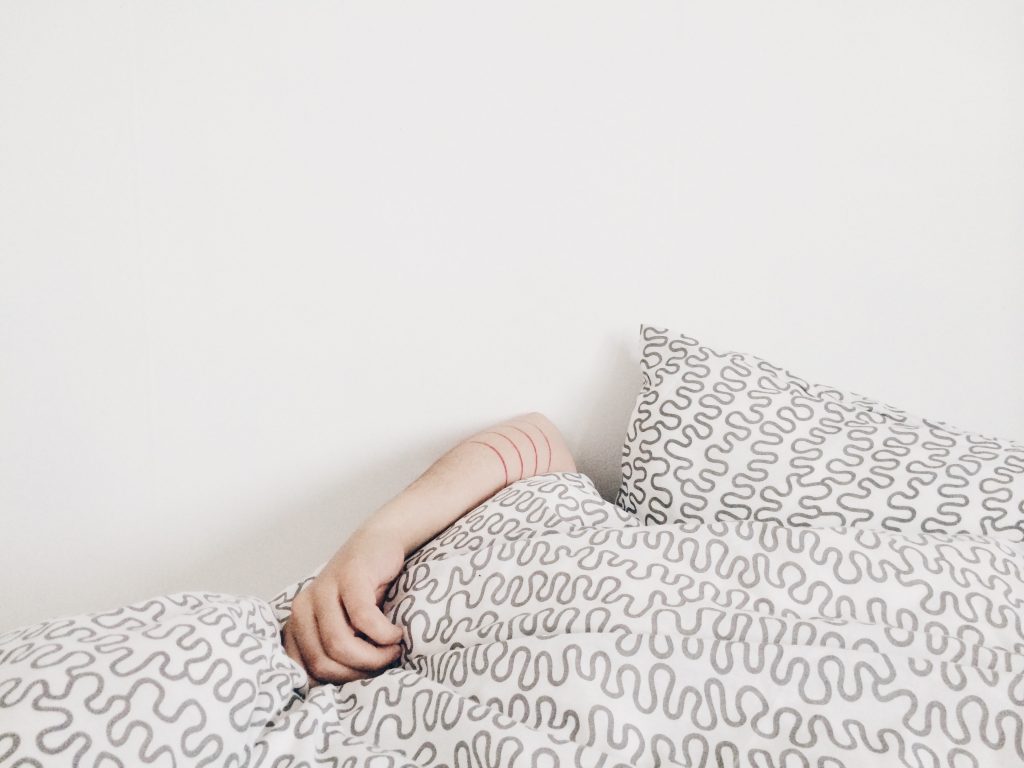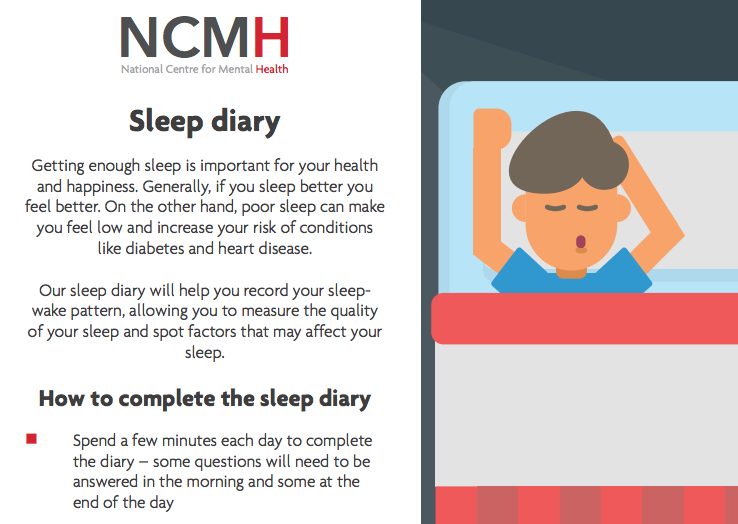Posted January 16th 2019
Mae’r cynnwys hwn ar gael yn Saesneg yn unig.
We take a look at the origins of what we’re told is the most miserable day of the year and what you can do to avoid the new year slump.
The history behind the gloomiest day of the year
I was surprised to discover that Blue Monday was dreamt up in 2005 by Sky Travel Shop, a television channel devoted to programs about traveling, documentaries, and commercials for travel agencies.
Although originally part of a publicity campaign the day later gained popularity and its share of both supporters and opponents.
This year’s Blue Monday falls on 21 January. The date varies from year to year, apparently depending on a variety of factors, such as weather, debt, the time that has passed since Christmas day, the time that has passed since we failed at fulfilling our New Year’s resolutions, low motivational levels connected with previous failures, and the need to take action. It has been mocked as being total pseudoscience but seems to be here to stay.

Even if you don’t buy into Blue Monday, January can be tough and whether you have an existing mental health problem or not.
So what can you do to feel better? The answer is different for everyone, but there are a few sure-fire ways to help look after your mental health post-Christmas. Here are five tips from the NCMH team:
Bin the unrealistic New Year’s resolutions
Are you really going to be able to run five miles every morning before breakfast, or give up chocolate completely? Don’t set yourself up for failure – why not resolve to squeeze in a run or two per week and limit chocolate to the weekends rather than going cold turkey?
If you’re able to, why not walk to the shops instead of getting the bus, or go out for drinks one less night a month. Small wins are better for your self-esteem than big losses.

Look at realistic changes that can have a quick impact. Why not start with getting a better night’s sleep?
Our resident sleep experts Dr. Ajay Thapar and Dr. Katie Lewis sat down with our Piece of Mind podcast team and recorded a special episode on sleep. Listen here and find out more about insomnia, treatments and the link between sleep and mental health.
Try monitoring your own sleep pattern by keeping a sleep diary.
All things in moderation
It’s not easy after a Christmas break full of cheese, chocolate, and booze, but getting back to your usual diet and cutting back on alcohol can have a major positive effect on your body and mind. Alcohol, in particular, can make all sorts of mental health conditions worse.
Let’s get physical
No-one really wants to hear it, let’s face it, but exercise is great for the mind as well as the body, acting as a natural antidepressant. And it doesn’t have to mean going to the gym or running a marathon.

Take a walk at lunchtime, cycle instead of driving or, if you’re able to, take the stairs rather than lifts or escalators. It all adds up and helps get the endorphins flowing. The Mental Health Foundation has a great pocket book about physical activity and your mental wellbeing.
Give yourself a break
In more ways than one! Don’t be chained to your desk at work, get outdoors for some fresh air at lunchtime, as well as getting a proper break (essential for stress-busting), you’ll also be exercising and getting some sunlight, which can help with Seasonal Affective Disorder (SAD).
SAD – caused by chemical changes brought on by dark, miserable weather conditions – affects as many as one in fifteen of us according to NHS estimates.
Try not to beat yourself up about the festive weight gain or any family feuds ignited over the holidays. Most people will be struggling with the post-Christmas slump so try to take pleasure in little things and give our suggestions a try. Brighter days are coming!

Speak to your doctor
If you do feel low for more than a couple of weeks, or you feel really desperate, don’t be afraid to speak to your GP or psychiatrist.
On our website, you can find a depression screening tool which can be used as a rough guide for spotting the signs of depression. It is important to remember that this tool is not designed as a substitute for proper clinical assessment by a health professional.
You might also find other sources of help such as The Samaritans or the CALL Helpline useful, especially out of hours – see details below.
Here’s to a happier healthier 2019!
Support
- The Samaritans 116 123 (UK) 116 123 (ROI)
- CALL Helpline 0800 132 737
- Mind

